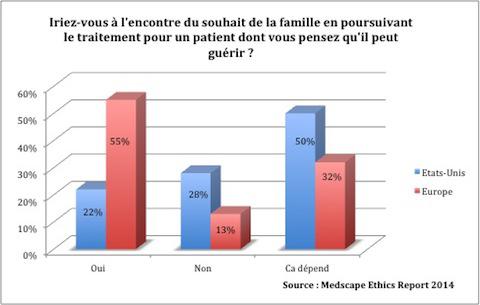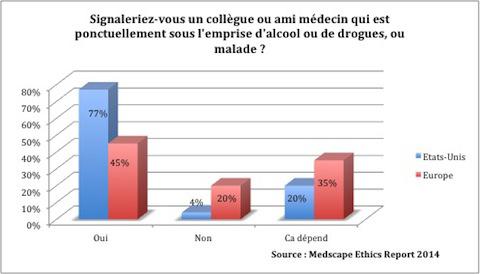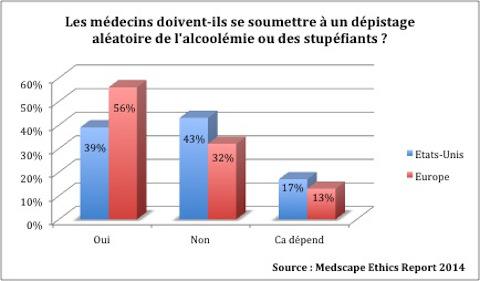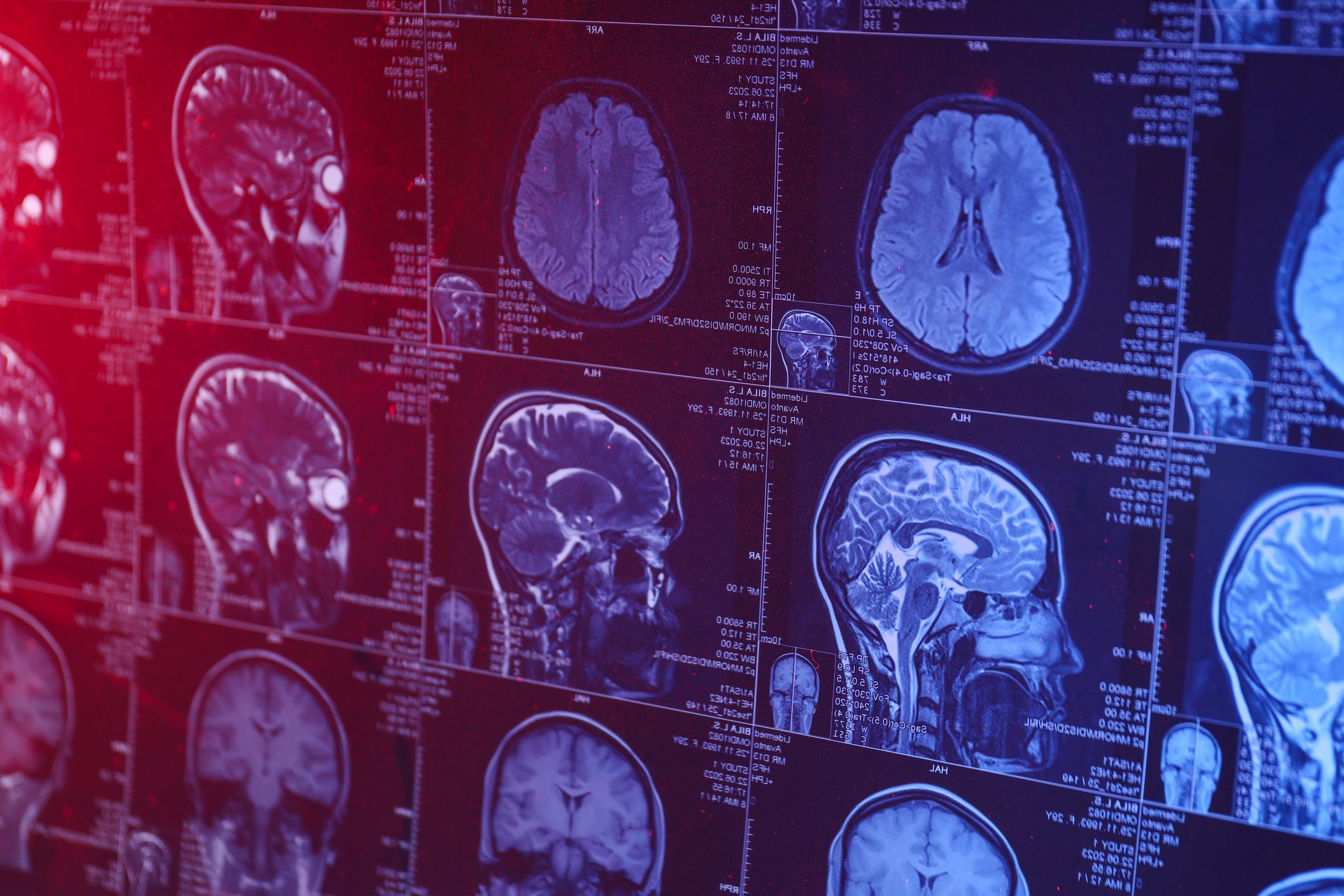When it comes to transparency and respect for ethics, American doctors have lessons to teach Europeans. According to a survey, they prioritize patient autonomy.

European doctors more paternalistic than their American colleagues. A survey carried out by Medscape with 21,000 members reveals that, from an ethical point of view, health professionals do not have the same positions depending on their continent. The subject of the end of life seems rather consensual, but the information delivered to the patient divides.
European and American doctors tend to agree on questions relating to the end of life. They do not come out in favor of therapeutic relentlessness, but rather seem to decide on a case-by-case basis. 46% of American professionals and 40% of their European colleagues believe that prescribing unnecessary life-saving treatment will depend on the patient. Half of those polled also declared themselves for assisted suicide.
About the newborns, doctors on both sides of the Atlantic share the same doubts. One in three people would provide intensive care to an infant, even if its survival will be poor. They are also numerous to speak out against such a decision.
But it is undoubtedly on the decision of continue treatment that the divergences emerge the most. In the United States, 22% of doctors are ready to go against the advice of the family and continue treatment if the patient can be cured. In Europe, they are 55%.

the degree of information of the patientt of the patient varies by continent. Where the Americans favor the autonomy of the patient, the Europeans “incubate” their patients more. For example, 28% of healthcare professionals in the Old Continent are willing to mitigate the risks of a treatment or procedure if they think it will allow them to obtain consent. They are three times less across the Atlantic.
American doctors are showing more than transparency. “To err is human”, as a German gastroenterologist interviewed by Medscape said… but it must be communicated to the patient for 60% of professionals practicing in the United States – even if it will not cause any harm to the patient . They are even 90% to affirm the same thing if the error harms the patient. In Europe, they are 38 and 10%. Even more blatant proof of European paternalism: a good half of doctors are ready to hide from a patient that he is going to die to support him.

In the United States as in Europe, the Confidential medical information is not absolute. 66 and 57% of doctors are ready to break it if their patient’s state of health puts others at risk. Personal beliefs can also be a problem when it comes to abortion. On both continents, health professionals are divided on the balance between practice and ideas. 45% of them would perform an abortion despite their beliefs… but almost as many would not (38%).
About the alcohol consumption, here again the Europeans are more opaque than on the other side of the Atlantic. The vast majority of American doctors (77%) are ready to break up the fellowship if a colleague or friend is abusing alcohol or drugs. This is not the case in the Old Continent, where the subject is regularly debated.

On the other hand, Europeans are more willing to comply with random checks.

.

















